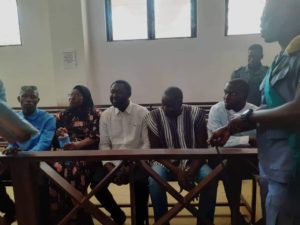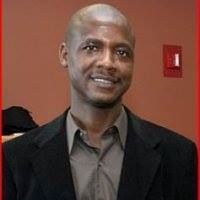 by Alagi Yoro Jallow.
by Alagi Yoro Jallow.
Fatoumatta: Many factors influence decision making in Courts. I urge everyone to read Albie Sachs’s “The Strange Alchemy of Life and Law.” Judges do not make decisions in juridical abstractions. Human emotions, feelings, idiosyncrasies, perceptions, etc. are all part and parcel of the judicial process. They affect legal outcomes. Judges cannot talk, they cannot address press conferences, but they are deeply aware of what is happening in society. In my view, the 3 years JotNa pressure group, this high-profile case does not warrant melodramatic fashion, and all attempts must be made to observe the prosecutorial decision scrutinized to the deepest point possible.
Fatoumatta: Public opinion and the media circus that surround the arrest and remand of 3 years JotNa leadership at Mile II prisons may have no impact during the trial proper. Let this case not be tried on social media and the court of public opinion. Trying cases in the court of public opinions refers to using the news media to influence public support for one side or the other in a court case.

Fatoumatta: Judicial assault is corrosive to our democracy, and unprecedented attacks on the legitimacy and independence of the judiciary present a severe threat to our democracy. The courts provide a forum for vindicating fundamental civil rights and civil liberties, particularly those held disempowered groups who may have no other way to remedy violations of their constitutional rights.
Fatoumatta: This case will largely be influenced by the final decision of the High Court. Judges made their minds a long time ago. They only used reason and rationality to justify their decision. As David Hume said, motivation is the slave of passion. I can tell you for sure that justice will be dispensed by one of the best from our judiciary. In the decision, judges have come out to protect the institutional integrity, prestige, independence, and profile of the court and the criminal justice system. I hope you have read between the lines.

